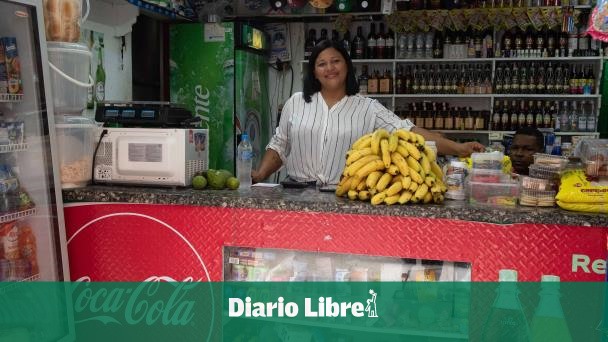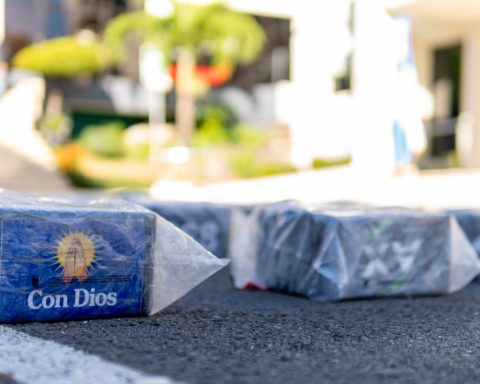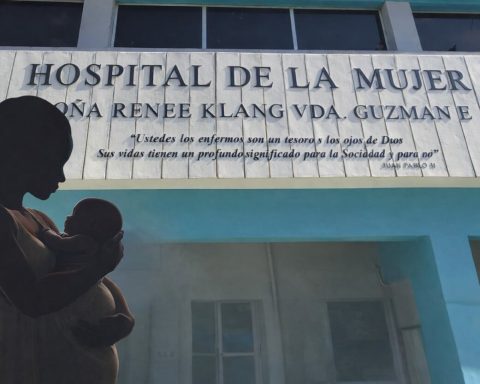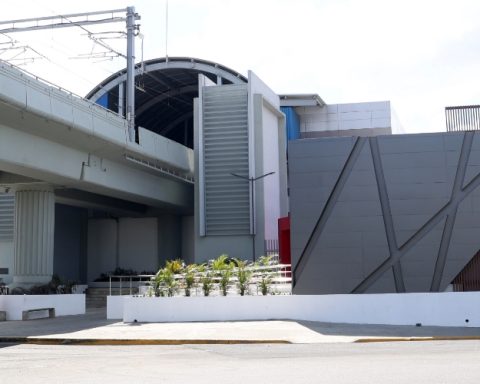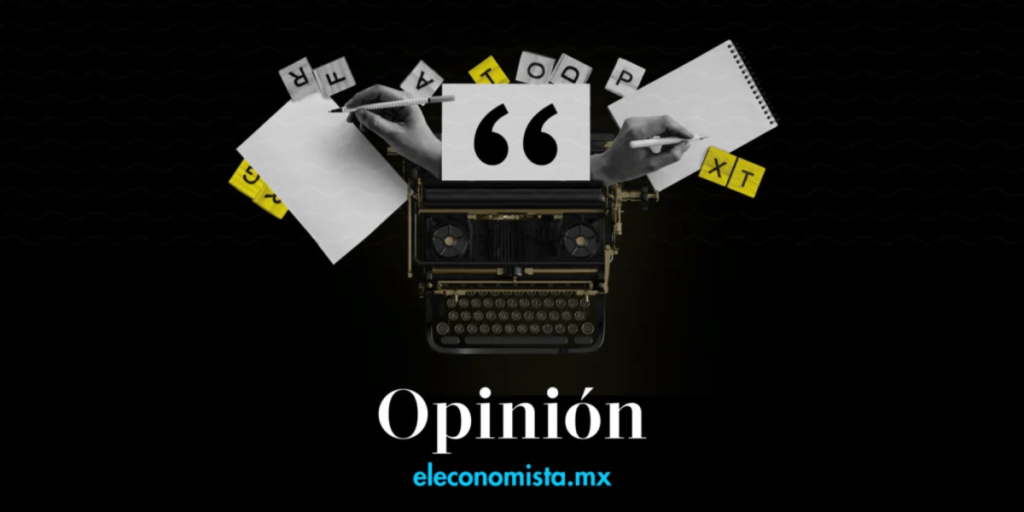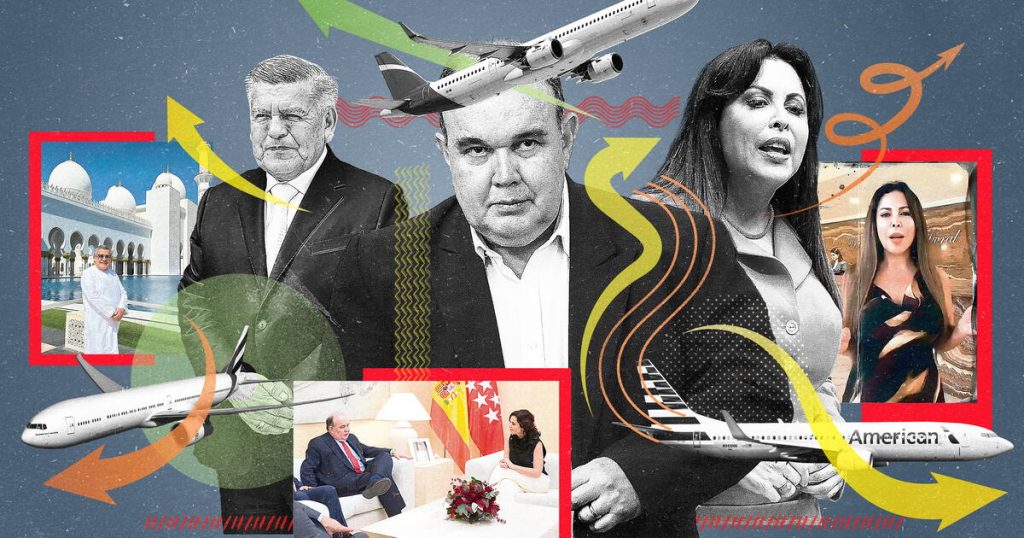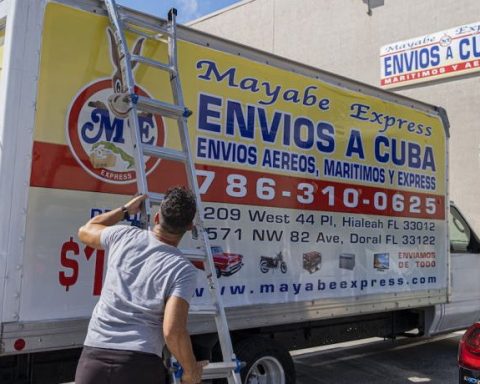The industry of drinks non-alcoholic alcoholic beverages assures that it contributes 15,000 million pesos a year to the treasury, of which 33.3% corresponds to the payment of Tax on Transfers of Industrialized Goods and Services (Itbis) who pay through their purchases companies local. Additionally, the sector generates approximately 60,000 jobs in the commercial segment.
The information was shared with Diario Libre by the directors of the Association of Industries of Non-Alcoholic Drinks of the Dominican Republic (Asybenas), whose members expressed their agreement with the objectives of the reform fiscal. However, they warned that increasing taxes on drinks non-alcoholic drinks with added sugar would increase the daily expenditure of consumers between 25 and 50% due to the increase in the price of soft drinks, juices, malts and bottles of water, among others drinks.
In that sense, Nicol Valerio, executive director of the association, explained that businessmen in the sector are willing to participate in the public hearing of the Fiscal Modernization bill to raise the possible effects that the increase in Itbis would have for the consumerswho would be the most affected by the planned changes.
He government reported that, with the reform fiscalit seeks to raise an additional 3,299.1 million pesos from that sector. In this order, Valerio clarified that among the 13 companies that make up the association, 5,411 million direct pesos are contributed.
“Some additional 3,000 million would represent an increase of more than 60% in cargo tax direct for the sector. Such an increase would put our industry at a clear competitive disadvantage, limiting our opportunities for growth and development,” he said.
He estimated that in the country there are around 80,000 filled that sell the products daily nationwide. In fact, 90% of products of this industry It is distributed through these establishments. Therefore, any economic measure applied to the sector will directly affect both the companies like the pockets of the Dominicans.
Poor will pay more
The drinks non-alcoholic are mainly consumed by population of lesser power purchasingespecially those who have an out-of-pocket expense of less than 50 pesos to products basics for a snack.
According to Juan Roberto Amell, the filled will face a new challenge because many of their products would increase in price. For example, a 20 peso drink would go to 25 and 25 pesos to 50 because the bill indicates that the increase will be due to grams of added sugar.
The spokespersons point out that their objective is not to complain about the tax itself, but to raise awareness about how reform could harm families.
They cited that, in the regional experience, for example, in Mexico 63.7% of the tax collected came from homes of low socioeconomic level, and given the current situation in the Dominican Republic, this experience could be replicated.
In the case of Colombia, 49% of this tax it was paid by population of lesser power purchasing.
· The non-alcoholic beverage sector has generated 63,190 jobs.
· Annual salaries amount to 19,363 million pesos.
· The added value of the sector is estimated at 55,896 million pesos.
· Local purchases of goods and services total 24,317 million pesos, with 60.7% in locally manufactured goods and 39.3% in services.
· 90% of trade in the non-alcoholic beverage sector is carried out through grocery stores and supermarkets, while 10% occurs in hotels, bars and restaurants.
